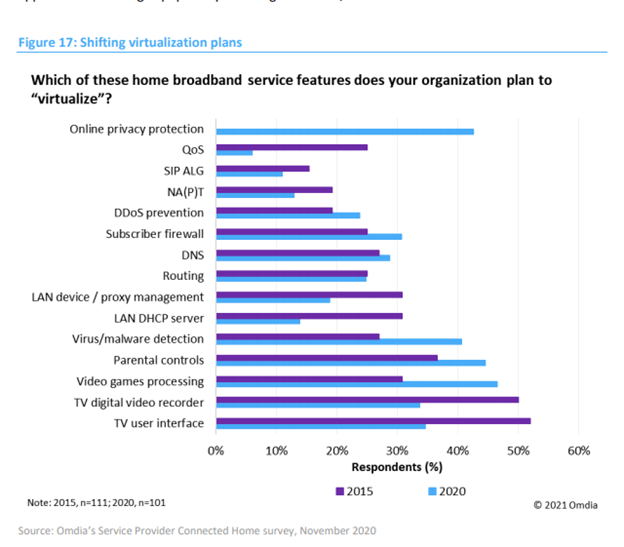Privacy and Fragmentation of Devices on Broadband Networks a Cause for Concern
February 3, 2021—The range and number of devices on broadband networks is causing problems in the internet-connected home, and internet service providers are only now beginning to get their hands around issues of “fragmentation” caused by this growth. Results of a five-year survey laying out these c












Member discussion